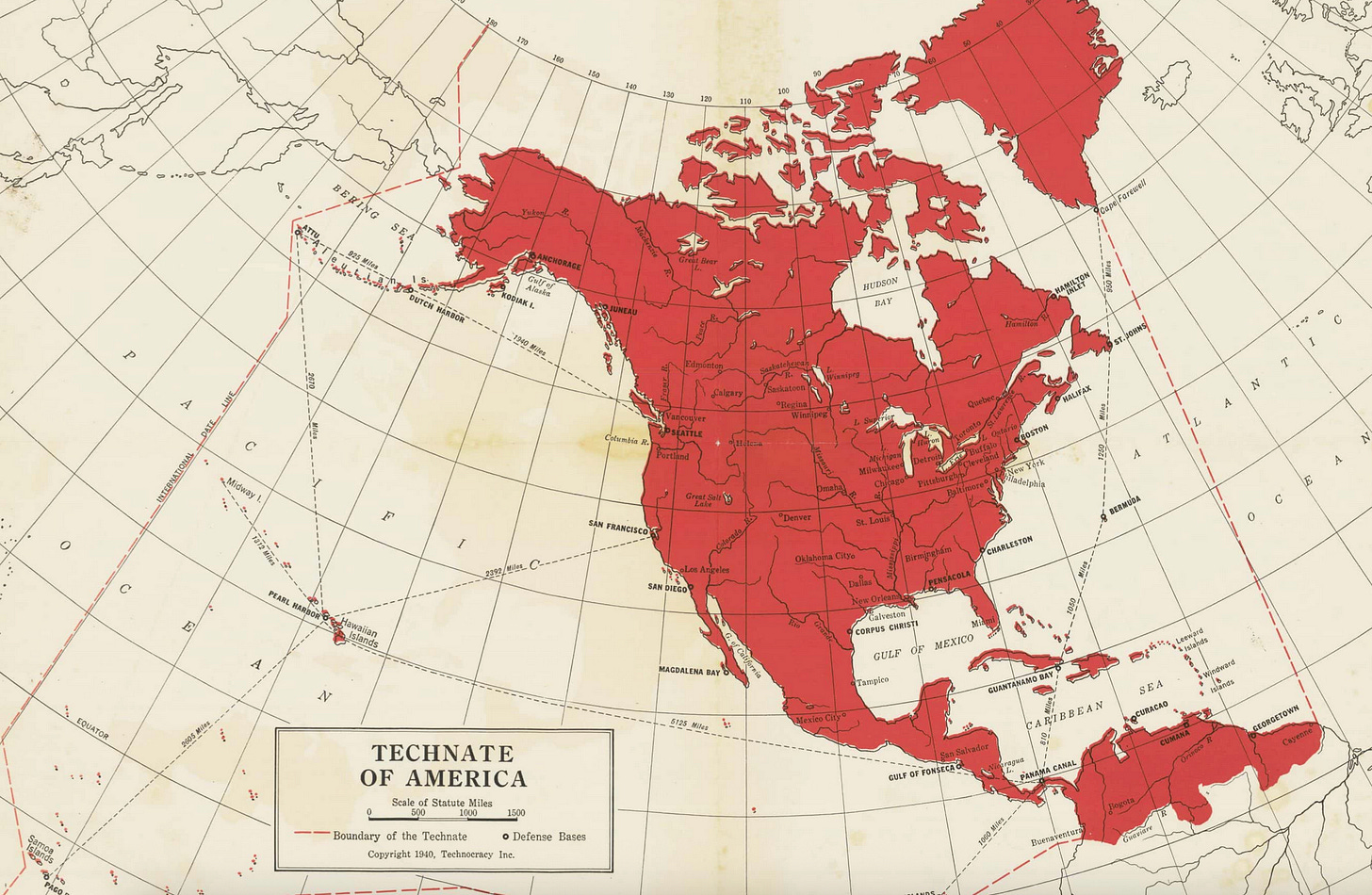Week signals: Technopolitics
Plus: watch points for tariffs, Venezuela, the DRC, Israel, Palestine, and Argentina.

Hello,
In this week’s edition of Week Signals:
IN REVIEW. The battle for AI supremacy, a new digital geography, control vs diffusion, and three imperatives for business.
UP AHEAD. Trump tees up on trade, Maduro gets on with business, false dawns in the Congo and Gaza, and Milei may have met his match.
And don’t forget to connect with me on LinkedIn.
Week Signals is the Saturday note for clients of Geopolitical Strategy, also available to GD Professional subscribers on Geopolitical Dispatch.
The Week in Review: Blood and silicon
Co-authored with Kim Northwood.
The week began with an election in Japan. It ended with an almost-war between Cambodia and Thailand. Unlike most weeks this year – focused variously on the US, Ukraine and Israel – we could finally, in Obama's phrase, pivot to Asia. The locus of future world power, at least in the probable near term, the so-called Indo-Pacific region, is often said to be the most consequential part of the world. Yet it often fails to gain the undivided attention of the Atlantic.
Asia, and more particularly China, also loomed large this week due to developments in the evolving Sino-American trade war, today’s recall elections in Taiwan, the construction of a new mega-dam in Tibet, and the visit by the Philippines' president to Washington DC.
Yet what may be remembered long after those headlines fade are two key events in another Sino-American contest – that for the domination of artificial intelligence technologies. On Wednesday, the White House announced its 90-part AI action plan. Today, China will open its 2025 World AI Conference in Shanghai. Neither occurrence may have the same wow-factor as the first release of OpenAI’s ChatGPT in 2022 or China’s DeepSeek-R1 model in 2025, but they will nonetheless be vital in charting the next phase of not only AI’s development technologically, but how it will both drive and be driven by 21st century geopolitics – the so-called battle for AI supremacy, or what might more simply be termed technopolitics.
Geopolitics is essentially organic, not just due to its philosophical origins in the blood and soil imaginings of the first 19th-century political geographers, but also its rootedness in literal facts on the ground. Technology is essentially inorganic and, for the most part, has allowed humanity to transcend its geographical constraints.
Yet in AI and the enormous physical, financial and political resources required to build, power, maintain and regulate it, technology and geopolitics are inextricably linked, as we wrote in November 2023. Despite the utopian promise of the early World Wide Web, the internet, an outcome of a Pentagon project, has always been a tool of politics. Similarly AI, whose early development in the 1950s and 60s subsisted on DARPA grants, would not have likely come about without the motivating factor of the Cold War and the military-industrial complex.
In the 2020s and beyond, it will likely be the US and China driving AI’s further development, both militarily and commercially, from its current phase, focused on generative AI (i.e., large language models like ChatGPT), through to the emerging one, focused on “agentic” AI (i.e., agents that can semi-autonomously carry out multi-stage tasks) through to “general” AI (i.e. artificial consciousness, though there’s a fierce debate on whether this is even possible).
But with AI having the potential – unlike, say, fifth-generation fighter jets – to impact all areas of human existence, this rivalry will be felt beyond the geopolitical chokepoints of chip manufacturing in Taiwan or rare earths mines essential for creating magnets and lasers. And with AI having a particular impact in the world of knowledge production and cultural transmission, its regulation and development could have profound impacts not just for security and the economy, but society at every level.
So how do we unpack this massive topic, for businesses and investors with an eye on geopolitics? What is the likely trajectory, and what key assessments can we make amid the literally trillions of datapoints now flooding our screens?


